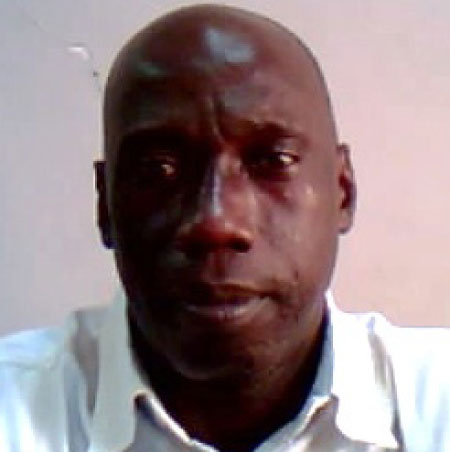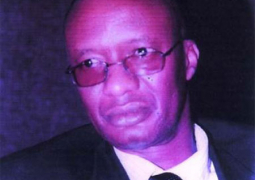
The Gambia Bureau of Statistics, GBoS, is currently deploying over 5000 people as enumerators, supervisors and district census officers, across the country to count all houses and people in The Gambia within the coming weeks.
Baba Suwareh, director of social statistics at GBOS, told The Point in an exclusive interview that the exercise, which began April 8- 28, is the fifth census since independence, and is divided into two main components, a housing and a population census.
Defining the two, Mr Suwareh, explained that in the first part of the exercise enumerators responsible for some 4000 Enumeration Areas, EA, counted every house in The Gambia, detailing what type of materials are used in the buildings, where they are and for what purposes are they being used.
‘’This data is very important as it helps government to be informed on the housing needs of the population, the durability of such buildings and their locations and, of course, how many are schools, hospitals, institutions and other form of publicbuildings .
“Housing has now become a booming business with huge investments in estates, especially in the Greater Banjul Area. All these is possible because data has shown that there is growing need for housing; hence the need to collect accurate information on the number of houses and their status,’’ Suwareh said.
On the population census, Suwareh said this is another important exercise during which every human being living within the borders of The Gambia by midnight of April 15 will be counted.
“There is a very interesting and diverse aim of this, ranging from establishing the number of people, where they are and what they do as a living etc. For example, a baby born shortly before midnight on April 15, should be counted, by some identification, since that child may not have a name yet.
‘On the other hand a child born after midnight on April 15 is not counted because that child was not in The Gambia by midnight April 15, and the same thing goes for deaths that occurred after midnight on April 15,’’ Suwareh said.
He stated the population census, however, must record deaths that occurred in the household before April 15.
“Peoples’ age, and even fertility data of the women members of the households; the employment status of each person and educational standards, among other things, are all included in the census,’’ he said.
Mr Suwareh said there is another specification to the population census, and this is migration, divided into two segments: immigration, that is, people coming into The Gambia; and, emigration, those Gambians currently going or residing out of the country.
He added that the focus of this exercise is put on those coming into the country and their movement, for example the rural-urban drift, its estimates and reasons.
Also, according to statistician Suwareh, another segment of people to be counted are the floating population, so-called because it means people who are in transit within the borders of the country, for example in cars, parks or at airports who have arrived or about to leave before midnight on April 15th. “All of them are counted as part of people living in the country,’’ he said.
On the role of citizens in the census, Mr Suwareh said the best contribution a good citizen can make to a census exercise is to provide full cooperation with census staff, and give accurate answers to all questions.
“Afterall, census is a data collection exercise used by the state to plan for the development of the country. It is as important as any other national exercise,’’ the GBoS official said.
He further stated that people must realize that the government and its partners have spent over 130 million Dalasis on the 2013 census alone and the bulk of the money came from government, meaning the money of the people. “So we must all work towards its success, so that our money is not seen to be wasted,’’ he advised.
Finally, Mr Suwareh was asked how many people were in The Gambia, at the last census in 2003. The staticstian said there were 1,360,681 people at the time.
On when to expect the census results, Mr Suwareh said the demarcation of the country into census districts means that each district officer would comfortably receive and tally his area’s totalin a reasonable short time, leading to the global tallying and a provisional figure in a few weeks or a week from the closing of the exercise.
‘But, of course, tabulating the comprehensive data on all other aspects would naturally take a lot longer,’’ he concluded.



